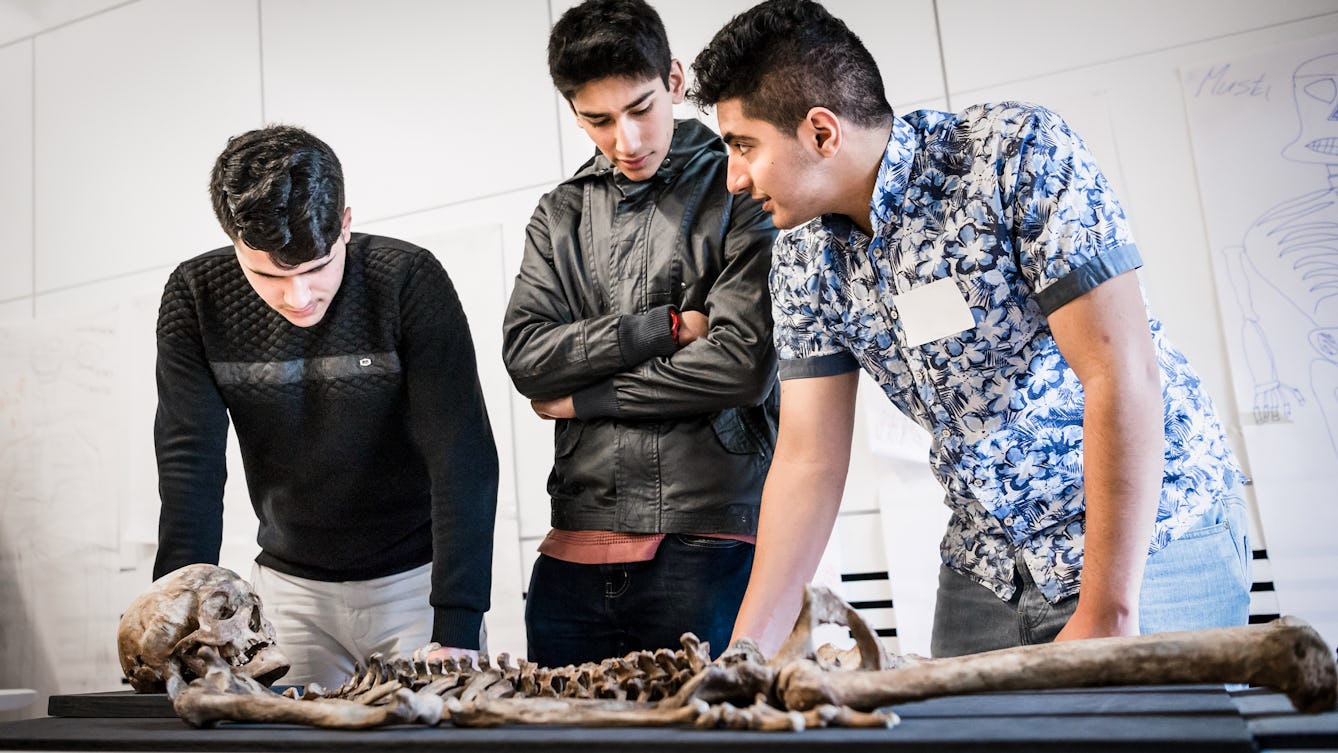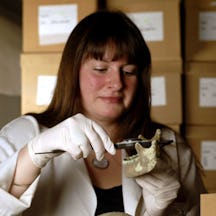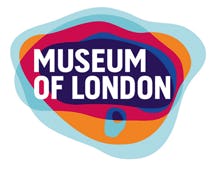What you’ll do
Your students will spend a full day developing their anatomical knowledge and their understanding of the history of medicine. In the morning they’ll get to explore our objects, rare books and manuscripts, and develop a presentation to show off what they’ve learned. In the afternoon they’ll have an osteology workshop, where they’ll learn about historical lives by investigating real skeletons.
Who can come
We have developed this study session for groups of students aged 14 to 19, studying GCSEs or post-16 qualifications at school or sixth-form college. You can bring 20 to 30 students, accompanied by staff at a ratio of 1:10.
Due to the small scale of our free programme, schools in the Greater London area have priority until 12 December. From this date booking is open to schools outside Greater London.


